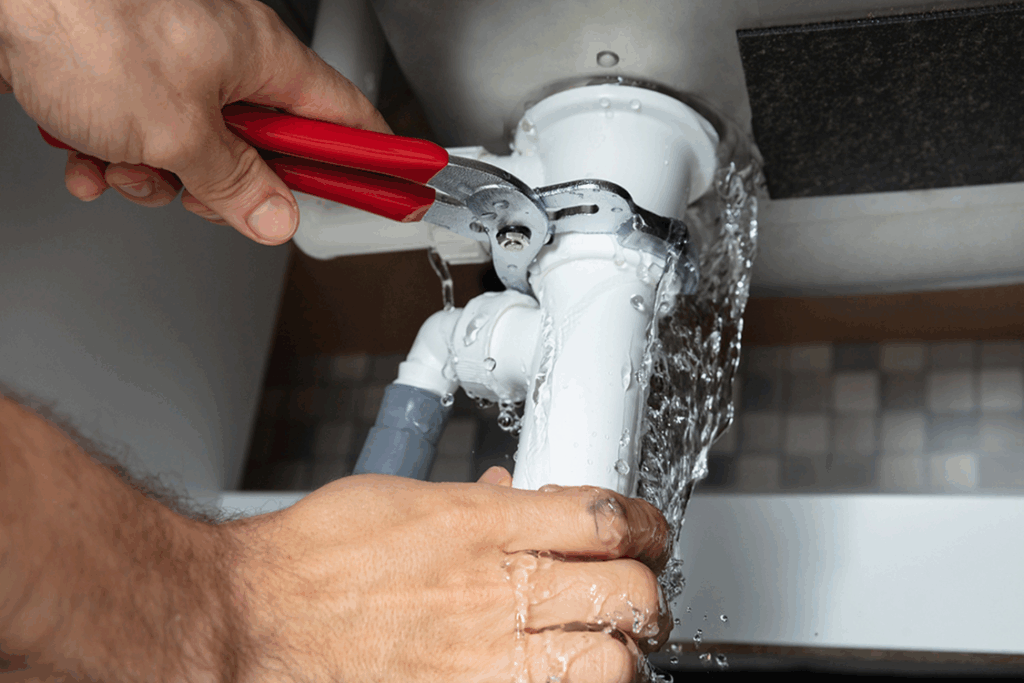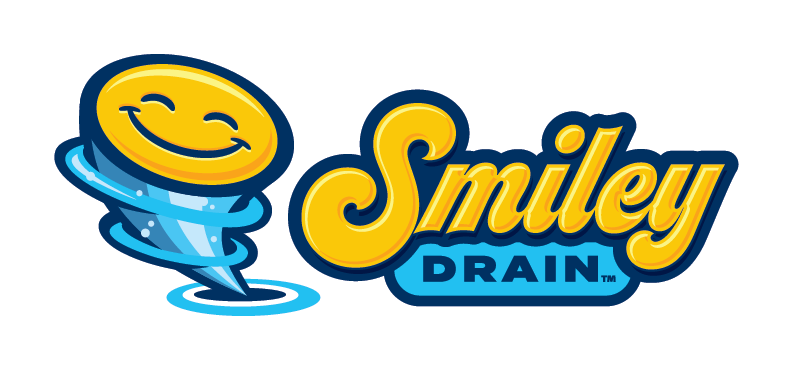Plumber advances are playing a crucial role in promoting sustainable water management across urban and residential areas. Modern plumbing techniques have evolved beyond basic repair and installation, allowing plumbers to implement systems that minimize water waste and enhance efficiency. With growing concerns about water scarcity, the expertise of a skilled plumber ensures that pipelines, fixtures, and water storage systems operate optimally while reducing environmental impact. From integrating advanced leak detection methods to upgrading outdated infrastructure, plumber innovations contribute directly to conserving valuable water resources. Communities and businesses alike are benefiting from these sustainable approaches, as plumbers help create resilient water networks that support both present and future needs.
Modern Leak Detection
Plumber innovations in leak detection have significantly improved water conservation efforts. By using advanced monitoring techniques, plumbers can quickly identify hidden leaks in pipelines and fixtures before they cause major damage. Early detection reduces water loss, prevents structural damage, and lowers overall maintenance costs. Plumber expertise ensures that repairs are precise and timely, helping buildings maintain optimal efficiency. Communities benefit as resources are preserved, and emergency water shortages are minimized. These advancements illustrate how plumber knowledge directly supports sustainable water management while maintaining safety and reliability in residential, commercial, and municipal systems.
Efficient Water Piping
Plumber improvements in water piping design and materials play a critical role in sustainable management. Modern pipelines reduce corrosion, leakage, and energy consumption associated with water transport. Plumbers implement durable materials and optimized layouts to ensure long-lasting infrastructure that requires minimal maintenance. This approach helps conserve water, lowers operational costs, and prevents resource waste. Skilled plumbers integrate these systems seamlessly into existing buildings and municipal networks, improving efficiency without disruption. By advancing water piping techniques, plumbers directly contribute to sustainable water strategies, ensuring that communities have reliable access to clean water while protecting valuable environmental resources.
Durable Piping Materials
Plumbers use high-quality, corrosion-resistant materials to extend pipeline life. Durable piping reduces leaks, minimizes maintenance needs, and ensures consistent water flow. By selecting the right materials, plumbers enhance efficiency and support sustainable water management across residential and commercial systems.
Optimized Pipeline Layouts
Plumber expertise in designing efficient pipeline layouts improves water distribution. Thoughtful routing minimizes pressure loss, reduces energy consumption, and prevents unnecessary stress on infrastructure. Optimized layouts ensure reliable service while promoting long-term conservation of water resources.

Reduced Water Waste
Modern plumbing systems focus on minimizing water loss. Plumbers install leak-resistant joints and monitor pipeline performance, preventing waste. These measures conserve water, lower operational costs, and strengthen the sustainability of municipal and residential networks.
Seamless System Integration
Plumbers integrate new piping into existing buildings and networks without disrupting operations. Careful planning ensures smooth transitions, maintaining system efficiency and reliability. Seamless integration supports sustainable water management while enhancing infrastructure resilience.
Long-Term Infrastructure Efficiency
Advanced plumbing practices extend the life and performance of water systems. By combining durable materials, precise layouts, and ongoing maintenance, plumbers create infrastructure that remains efficient over time, reducing environmental impact and supporting sustainable water use.
Smart Flow Control
Plumber advances in flow control technology allow precise regulation of water throughout systems. With improved valves, regulators, and automated controls, plumbers can manage water pressure, prevent overuse, and optimize distribution. These innovations reduce waste, improve system longevity, and ensure consistent water delivery to homes and businesses. Plumber expertise in implementing these controls ensures that infrastructure operates efficiently and sustainably. Smart flow solutions also allow quick adaptation to demand fluctuations, conserving resources and supporting long-term environmental goals. By prioritizing efficiency and sustainability, plumbers are essential in modern water management strategies that protect communities and conserve valuable resources.
Water Recycling Integration
Plumber developments have enabled effective integration of water recycling systems in residential and commercial buildings. Plumbers design pipelines and treatment systems that reuse greywater for irrigation, flushing, and other non-potable applications. This reduces freshwater consumption and alleviates pressure on municipal systems. Skilled plumbers ensure that recycling systems operate safely, reliably, and efficiently, preventing contamination and maintaining water quality. By integrating these sustainable solutions, plumbers support resource conservation and environmental protection. Water recycling initiatives highlight the critical role of plumbers in advancing sustainable practices, demonstrating how technical expertise can align everyday water use with long-term ecological goals.
Energy-Efficient Heating
Plumber improvements in water heating systems have enhanced energy efficiency and sustainability. Modern plumbing techniques allow for optimized hot water circulation, reducing energy loss and water waste. Plumbers implement high-efficiency heaters, insulated piping, and precise temperature controls to minimize consumption while maintaining comfort and safety. These practices lower utility costs, reduce environmental impact, and improve system longevity. By integrating energy-conscious solutions, plumbers contribute directly to sustainable water management. Their expertise ensures that heating systems operate efficiently without compromising performance, highlighting the critical connection between plumbing advances and resource conservation in both residential and commercial settings.
Stormwater Management
Plumber expertise extends to effective stormwater management, helping communities mitigate flooding and water contamination. Advanced plumbing techniques allow for proper drainage systems, retention basins, and infiltration methods that safely direct excess water. Plumbers design and maintain these networks to reduce erosion, prevent property damage, and conserve water resources. By optimizing stormwater systems, plumbers protect the environment while enhancing community resilience. These improvements support sustainable water management by balancing resource use with natural rainfall patterns. Skilled plumbers play a key role in implementing strategies that ensure safe, efficient, and ecologically responsible handling of stormwater across urban and residential landscapes.
Advanced Drainage Systems
Plumbers design efficient drainage systems to redirect excess water safely. Proper planning prevents flooding, reduces erosion, and protects properties while supporting sustainable water management in both urban and residential areas.
Retention Basin Solutions
Retention basins capture stormwater for controlled release. Plumbers implement these structures to prevent runoff damage, conserve water, and maintain environmental balance, improving resilience against heavy rainfall events.
Infiltration Techniques
Plumber expertise ensures water infiltrates soil safely, replenishing groundwater. Thoughtful design prevents surface flooding, reduces erosion, and contributes to long-term sustainable water management practices across communities.
Erosion Prevention Measures
Plumbers integrate erosion control methods into stormwater systems. Proper channeling and reinforced structures protect landscapes, prevent soil loss, and maintain water quality, supporting resilient and sustainable community infrastructure.
Community Resilience Planning
Plumber-led stormwater strategies enhance community preparedness. Efficient systems reduce property damage, maintain environmental health, and ensure reliable water handling, promoting sustainability and long-term infrastructure stability.
Maintenance and Sustainability
Plumber practices in routine maintenance directly impact long-term water sustainability. Regular inspections, timely repairs, and system upgrades prevent leaks, reduce waste, and extend infrastructure life. Plumbers assess system performance, replace worn components, and implement preventative measures to conserve water and energy. By maintaining high standards, plumbers ensure that pipelines, fixtures, and storage systems operate efficiently and safely. These efforts support sustainable water management goals by minimizing unnecessary consumption and avoiding costly emergencies. Skilled plumbers are essential partners in long-term planning, ensuring that both residential and municipal water systems remain resilient, efficient, and environmentally responsible over time.
Conclusion
Plumber advances continue to play a vital role in promoting sustainable water management in Caldwell NJ. From modern leak detection to energy-efficient systems, skilled plumbers help conserve water, reduce waste, and maintain reliable infrastructure. These innovations ensure that both residential and commercial properties benefit from safe, efficient, and environmentally conscious water systems.
For expert plumbing services that prioritize sustainability and system efficiency, Smiley Drain Plumbing and Drain Cleaning in Caldwell NJ is here to help. Call us today at 973-764-5393 to schedule an appointment or learn more about how our plumber expertise can support your property’s water management needs.
